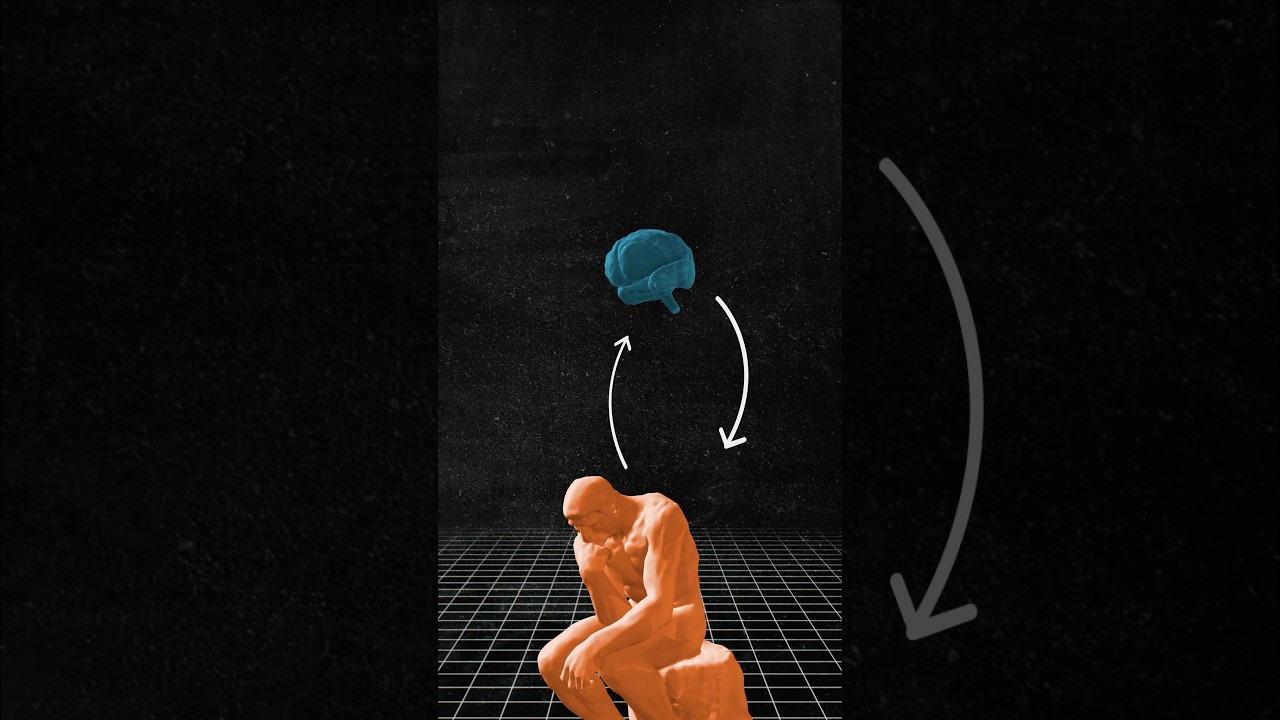Eiso Kant emphasizes the necessity of integrating artificial intelligence with real-world experiences to enhance learning and problem-solving, arguing that theoretical knowledge alone is insufficient for mastery. He advocates for the use of reinforcement learning to provide external feedback, enabling learners to refine their strategies and improve their decision-making skills through practical application.
In the video, Eiso Kant discusses the importance of integrating artificial intelligence (AI) with real-world experiences to enhance learning and problem-solving capabilities. He emphasizes that while reasoning and thinking through problems, such as in mathematics or strategic games like chess and Go, individuals often rely on previously learned knowledge representations. However, he points out that theoretical understanding alone is insufficient for mastery; practical application is essential.
Kant illustrates this point by explaining that even with extensive reading and mental simulations of chess games, one may still struggle to improve without engaging in actual gameplay. He likens this process to a “snake eating itself,” where the reasoning and strategies developed are based solely on synthetic data and prior experiences, leading to a cycle of limited growth. This highlights the need for external input to break free from self-referential thinking.
The concept of reinforcement learning is introduced as a potential solution to this challenge. Kant argues that reinforcement learning can provide the necessary external feedback that helps individuals refine their strategies and improve their performance. By establishing a reward system that encourages correct actions, learners can adjust their thinking processes and enhance their decision-making skills over time.
Kant further elaborates on how this feedback mechanism can lead to more effective learning chains. When learners receive reinforcement for their actions, they can better understand the consequences of their decisions and adapt their future reasoning accordingly. This iterative process of learning from both successes and failures is crucial for developing expertise in complex domains.
In conclusion, the video underscores the significance of combining theoretical knowledge with practical experience in AI and learning. Kant advocates for the integration of reinforcement learning as a means to provide external feedback, which can facilitate deeper understanding and mastery of challenging subjects. By bridging the gap between synthetic reasoning and real-world application, learners can achieve greater success in their endeavors.
